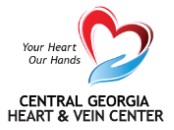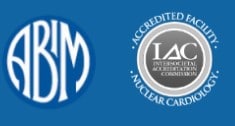Atrial Fibrillation, also known as afib, is categorized by irregular heart rhythms in the upper chambers of the heart. In the summer, high physical stress caused by heat can trigger a flare up in heart disease causing you to go into Afib. In Central Georgia, we know the heat and humidity can be rather unforgiving. So if you’re working outside or spending time in the heat, please remember to consider your heart.
Afib Prevention Tips
Tip #1
Hydrate, then hydrate again. Dehydration can be a preliminary cause of Afib. In fact, studies indicate that if you have a stroke while dehydrated it can be harder to treat. And take even longer to recover. Consider switching up your caffeine intake. Swap your morning coffee with a high electrolyte drink or some lemon water with B vitamins. Fruits like Watermelon can also help with hydration. Moral of the story: hydrating yourself can combat Afib and heart disease complications from heat.
Tip #2
Avoid exercise in the heat of the day. When you’re hot and you get your heart racing, it’s a perfect combination for Afib to start. Stick to morning and later evening workouts. Also, now is a great time to pick up a gym membership or opt into a water aerobics class.
Tip #3
Avoid alcohol. Alcohol on its own can trigger Afib in some patients. The higher your risk the higher the chance. However, alcohol mixed with dehydration or excessive heat is a double whammy. Because alcohol dilates your blood vessels, it can lower your blood pressure. This adds stress to your heart. If you do drink, keep it to the cooler hours of the day. Also, stay inside and make sure you have 8oz of water for each alcoholic beverage.
Tip #4
Be prepared with a plan. Sometimes heart failure or other heart disease problems flare up unexpectantly. If you are recovering from a recent heart attack or stroke, make sure you’re protected. Having a plan includes carrying medical information on you (like in a phone app) and making sure you instruct your family on what to do in an emergency.





